Life
Sign up for our newsletter
We summarize the week's scientific breakthroughs every Thursday.
-
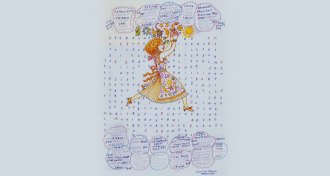 Neuroscience
NeuroscienceArtist’s amnesia could help unlock mysteries of memory
In "The Perpetual Now", journalist Michael Lemonick looks at what an artist’s memory loss can teach neuroscientists about the brain.
By Diana Steele -
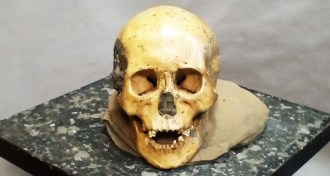 Anthropology
AnthropologyDNA points to millennia of stability in East Asian hunter-fisher population
Ancient hunter-gatherers in East Asia are remarkably similar, genetically, to modern people living in the area. Unlike what happened in Western Europe, this region might not have seen waves of farmers take over.
By Meghan Rosen -
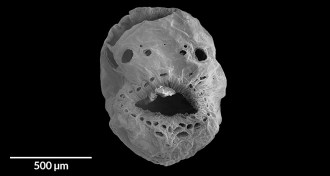 Paleontology
PaleontologyPinhead-sized sea creature was a bag with a mouth
Dozens of tiny fossils discovered in 540-million-year-old limestone represent the earliest known deuterostomes, a diverse group of animals that includes humans and sea cucumbers.
By Meghan Rosen -
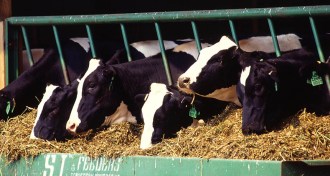 Genetics
GeneticsCRISPR used in cows to help fight tuberculosis
Chinese researchers used a CRISPR/Cas 9 gene editor to make cows more resistant to tuberculosis.
-
 Genetics
GeneticsCRISPR used in cows to help fight tuberculosis
Chinese researchers used a CRISPR/Cas 9 gene editor to make cows more resistant to tuberculosis.
-
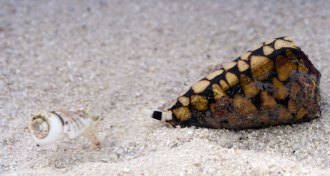 Oceans
OceansCone snails wander in circles, lose focus with boosted CO2
Deadly cone snails wander in circles and become less capable hunters when exposed to higher levels of carbon dioxide in seawater.
-
 Oceans
OceansCone snails wander in circles, lose focus with boosted CO2
Deadly cone snails wander in circles and become less capable hunters when exposed to higher levels of carbon dioxide in seawater.
-
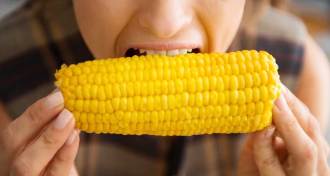 Neuroscience
NeuroscienceIf chewing sounds irk you, blame your brain
People who find chewing and slurping sounds annoying have structural differences in their brains.
-
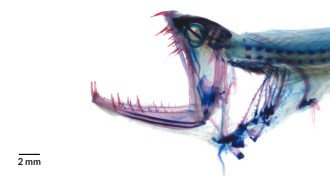 Animals
AnimalsDragonfish opens wide with flex neck joint
New study reveals anatomical secrets of mysterious deep ocean fish.
-
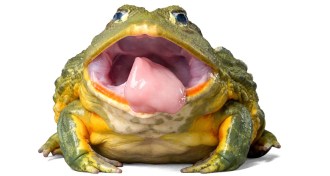 Animals
AnimalsWhat gives frog tongues the gift of grab
Here’s what puts the grip in a frog’s high-speed strike: quick-change saliva and a tongue softer than a marshmallow.
By Susan Milius -
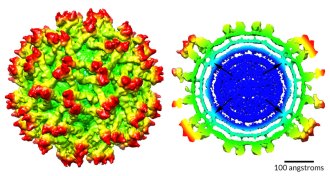 Life
LifeMap of Zika virus reveals how it shifts as it matures
A cryo-electron microscopy map of immature Zika virus offers a never-before-seen glimpse of remodeling of the virus’s protein and RNA core.
By Meghan Rosen -
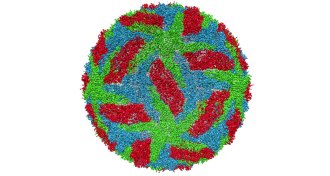 Health & Medicine
Health & MedicineRogue antibody linked to severe second dengue infections
Alternate antibody may indicate whether someone is susceptible to severe dengue disease.